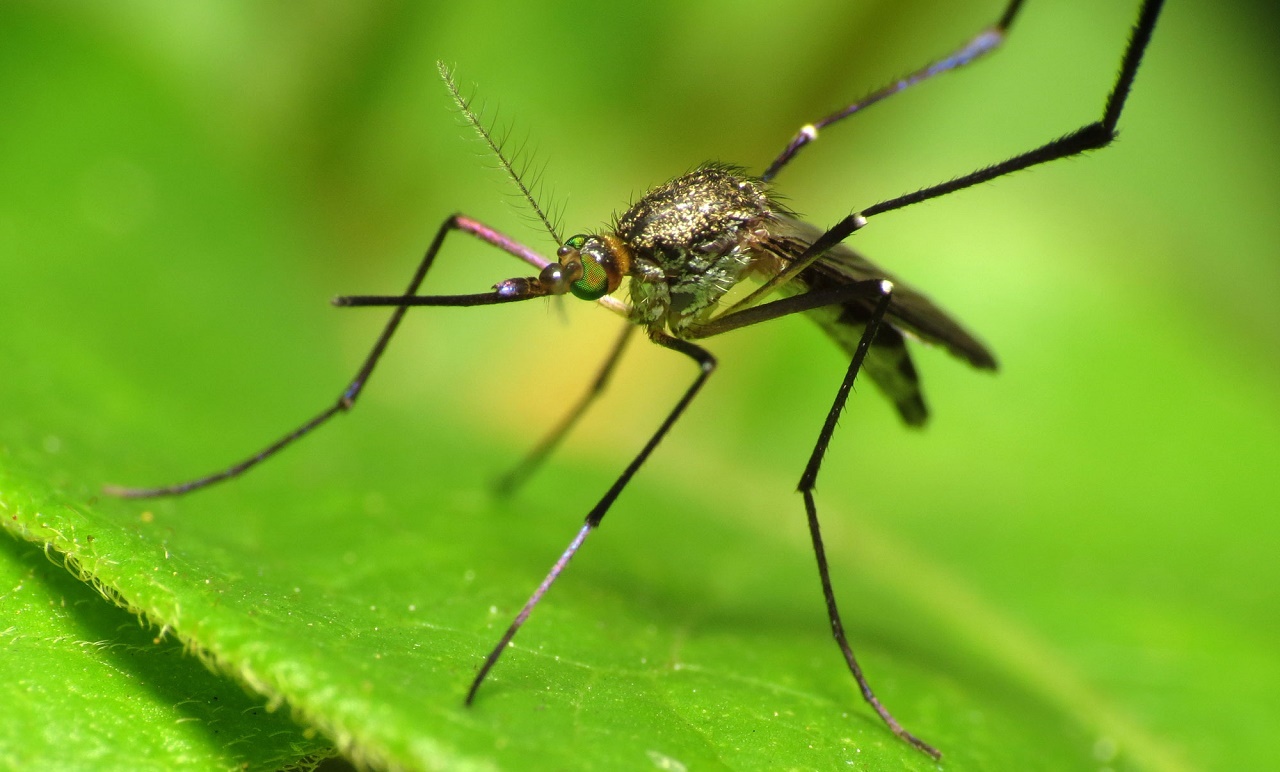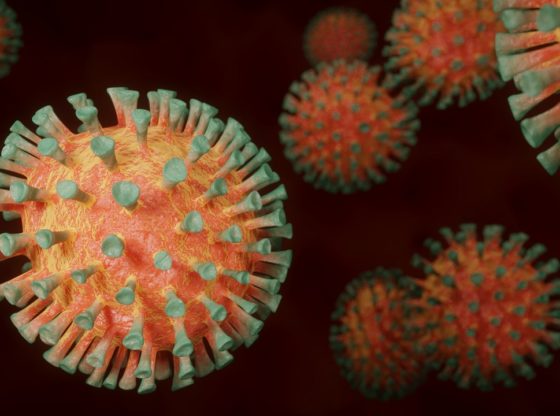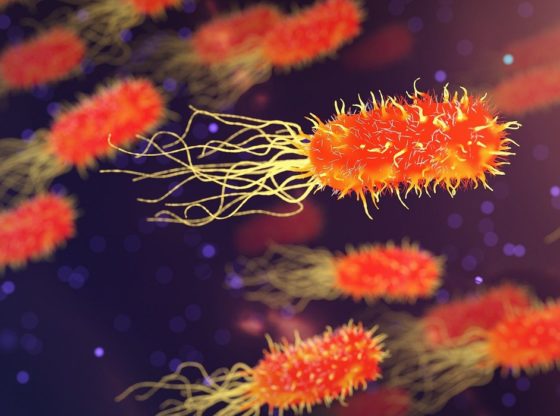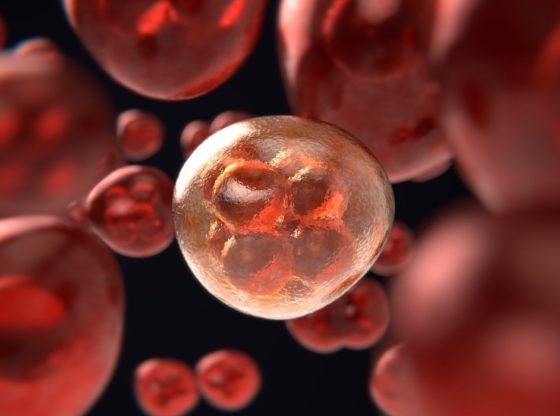
Two different vaccine candidates were given to mice and fully protected them against the Zika virus – after just one syringe.
Researchers now hope that a vaccine for humans can begin testing soon.
Two Different Approaches
The study, published in the journal Nature, shows how researchers tested two different vaccine prototypes on mice to protect them from the dreaded Zika virus.
The mice received either a so-called DNA vaccine or an inactivated version of the Zika virus.
The DNA vaccine was made from genetic material taken from Zika virus circulating in the Brazil outbreak.
The second was a more conventional vaccine, made from whole inactivated Zika virus in Puerto Rico.
Trial Success
“We were very surprised and quite impressed that a single shot of either one of these vaccines provided complete protection,” said Dan Barouch, who led the study at Beth Israel Deaconess Medical Center in Boston.
He called the trial results “step forwards in the development of a Zika virus vaccine”, but said more research lay ahead. “Of course we need to be cautious about extrapolating results from mice to humans,”
Tests are now underway to further understand how long the vaccines are effective for, and whether boosters can extend the protection they offer.
The researchers noted that mice were protected since they produced antibodies. Their antibody levels were equivalent to that seen in vaccinations against other viruses of the same family, like dengue or yellow fever.
However, last week, researchers at Imperial College in London (Wanwisa et al.) showed that previous exposure to dengue virus could actually potentially worsened Zika infections. If the reverse is also true, a vaccine that causes the immune system to produce antibodies against Zika virus could inadvertently make dengue infections more life-threatening.
The researchers do not yet know how long the protection lasts because the studies only lasted a few months. Nor do they know whether the vaccine affects a previous vaccination or illness, of for example dengue.
The new findings give hope to begin clinical trials as soon as possible according to the researchers. Exactly how long it will take before there is a finished product on the market is difficult to say since so many things can happen along the way.
WHO Advise
The World Health Organisation has declared Zika virus a public health emergency, with the development of a safe and effective vaccine deemed a global health priority. Concerns about the Zika virus are heightened because the Olympics will be held in Rio de Janeiro in August where mosquitoes carrying the virus are found.
According to the WHO, athletes and visitors are at risk of being infected with Zika if bitten by an infected mosquito or through sexual transmission of the virus. Because of the risk of microcephaly in babies born to women who were infected with Zika virus during pregnancy, the WHO advises pregnant women not to travel to areas where Zika is circulating.
More on the Zika virus can be found on the WHO and CDC websites.
_______________
Vaccine protection against Zika virus from Brazil
Dengue virus sero-cross-reactivity drives antibody-dependent enhancement of infection with zika virus
______________________________






















